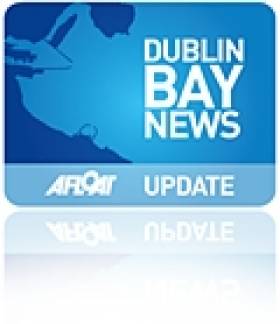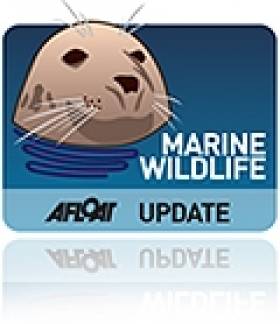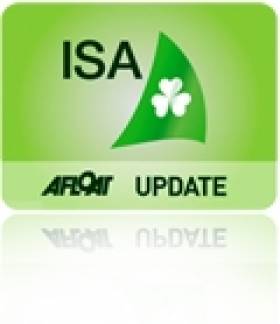Displaying items by tag: registration
Vessels Registration Bill To Be Passed in 2013 Says Minister
#Registration - Minister for Transport Leo Varadkar has surprised Ireland's sailing and boating community by announcing the passing of a Vessels Registration Bill as a priority for 2013.
The proposed legislation is among five transport bills included in the minister's priorities for the year ahead, as published by his department yesterday.
Stakeholders are currently awaiting confirmation from the minister as to the contents and scope of the bill, which would be put forward for public consultation before being published at some point this year.
Legislation for the registration of vessels as been in drafting stages for a number of years, and submissions have been received by previous Governments relating to areas the bill would likely cover such as insurance, VAT avoidance and identification of vessels for search and rescue purposes.
According to a source close to Afloat.ie, among the proposals for the bill is that any vessel entering UK and Ireland waters must inform the coastguard of the names of their passengers and the port of arrival.
"Without boat registration, that is a near impossible task to manage," said the source.
Almost all other EU countries have boat registration legislation except for the UK and Ireland – and pressure is being applied in Britain to bring such registration into law through the UK Border Agency.
Among the stakeholders broadly in favour of vessel registration is the Irish Marine Federation (IMF), which has long called for a mandatory State scheme for identifying recreational vessels in Ireland.
At present all registration of vessels of all sizes, from small sailing boats to container ships, is conducted under the Register of Shipping Act 1955.
Harbour2Harbour Dublin Bay Walk Coming Soon
#DUBLIN BAY NEWS - The annual St Patrick's Day Harbour2Harbour Walk in aid of mental health charity Aware is just a few weeks away.
The 16.2 mile walk around Dublin Bay begins at 10.30am on Saturday 17 March, taking around five hours to complete, and it's your choice whether you begin at Howth Harbour and walk to Dun Laoghaire Harbour or vice versa.
Organisers describe the event as "a great day out for family, friends and individuals, all of whom get a great sense of achievement and a great view of Dublin Bay."
Of course the main aim of the day is to raise funds for Aware, and once registered to take part you will receive a fundraising pack containing letters, information, maps and sponsorship cards. You can also set up your own fundraising page on MyCharity.ie.
The registration fee is €15 per individual or €25 for a group of 2 (children under 16 are free). Advance online registration is now available at the Aware website HERE. Late registration will be available on the morning of the walk itself.
Volunteers are also required to help with late registration on the morning of the walk and act as stewards at various points along the route. If you can help please call 01 661 7211 or e-mail [email protected].
More information about the day can be found at Aware's Harbour2Harbour webpage HERE.
IWDG to Host European Cetacean Conference in Galway This March
#MARINE WILDLIFE - The Irish Whale and Dolphin Group (IWDG) will host the 26th annual European Cetacean Society Conference in Galway on the weekend of 24-25 March this year.
The Galway Bay Hotel will be the site for the main conference sessions, while workshops will also be held at the Galway-Mayo Institute of Technology (GMIT).
This year's gathering is being held under the theme 'Communication: Information and Ideas Worth Sharing'. Participants will be exploring communication between marine mammals as well as between marine scientists, and between scientists and the public.
As Ireland's Wildlife reports, the conference "offers a offers a great opportunity to find out more about whales and dolphins, their conservation, the cetacean research being carried out in Europe and to meet the researchers who are working to uncover the mysteries of these most enigmatic of creatures."
Registration is now open for the two-day event. For full details of the conference programme, venues and booking information, visit the European Cetacean Society Conference micro site HERE.
Buoyant Dinghies Buck the Market
A massive drop in some areas of the boat sales market is not reflected in other areas, particularly small dinghy sales, if registration figures released by the Irish Sailing Association (ISA) is anything to go by.
In the dinghy market, in 2009 65 Optimist dinghies were registered (57 of them new). Last year 43 Oppies registered (27 of them new). In bigger boats, 27 ISA cruiser numbers were issued (new or second hand boats) in 2009 and in 2010 there were 50 cruiser numbers issued. There were also 18 other registrations from the 420, Mirrors and Squibs classes.
































































